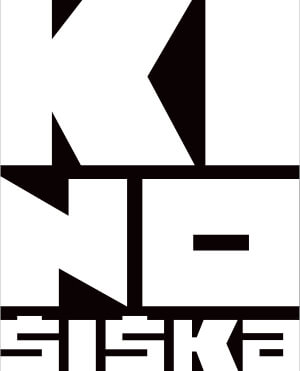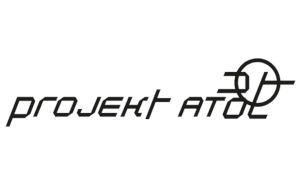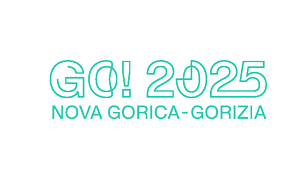In Stanislaw Lem's The Futurological Congress (1981), the government uses ingestible and inhalable substances to manipulate the perceptions and behaviour of its citizens. These substances allow immediate psychotropic control over the masses, bypassing slower and more complex rational and cognitive processes.
Today, smart drugs, nootropic drugs, hormone therapies and genetic nanotechnology define a chemical and molecular semi-sphere, marking the contemporary techno-neural transition towards cognitive bio-hacking aimed at perpetual performativity, under a pharmapornographic dictatorship, as theorised by Preciado (2013).
The engineering of life also enables intervention in DNA, the supreme code, allowing the design of psycho-physical capabilities or even behavioural traits, creating human beings with enhanced characteristics, potentially within a hybrid framework. The risk is that the use of these technologies, fuelled by computational averages, may revive neo-eugenic imperatives, including the reinforcement of gender and racial stereotypes, i.e. molecularly reinscribing race (Duster, 2015).
Our intention is to investigate artistic practices that critically engage with the chemical and molecular enhancement of our bodies, as latent mechanisms of power and social control exercised over vital aspects of life, such as sex and reproduction, work and leisure, sleep, mental states and gender identity. In this context, we will explore the work of artists, including, but not limited to, Anna Dumitriu, Ani Liu, Zach Blas, Memo Akten, Kendric McDowell, M. Pevere, Heather Dewey-Hagborg and Paul Vanouse, who interrogate the boundaries and implications of this enhancement, exploring its resonance with aesthetic categories such as simulation, second creation, and hallucination.
By situating these artistic investigations within the larger discourse of techno-scientific governance, this paper seeks to interrogate the biopolitical and psychopolitical ramifications of such advancements. Through this lens, we aim to offer a critical perspective on the molecular reshaping of life and its far-reaching socio-political consequences.
Elena Giulia Abbiatici is an art historian, researcher, and curator of contemporary art. She is a lecturer at POLI.design (Milan) and a PhD candidate in New Media and Critical Curatorial Practices at the Albertina Academy of Fine Arts in Turin and Université Paris 8. Her research explores the intersection of contemporary art, synthetic intelligence, posthuman theory, and decolonial thought, with a focus on speculative curating and poetic technologies. Her work often investigates the ethical, aesthetic, bio- and psychopolitical implications of human–machine relationships through transdisciplinary methodologies and hybrid narratives.
She has exhibited and developed projects at numerous contemporary art venues, including the first, second, and third editions of Something Else – Off Biennale Cairo (2015, 2018, 2023), the 56th and 57th Venice Art Biennale (2015, 2017), the 15th Venice Architecture Biennale (2016), the 15th Istanbul Biennale (2017), Berlin Art Week (2017), Manifesta 12 Palermo (2018), MACRO Museum, Rome (2012), AW Museum, South Korea (2018), Silent Barn, New York (2014), and BSBG – Italian Capital of Culture (2023).
Her research projects have been developed and/or presented at institutions including the University of Naples "L'Orientale", Tor Vergata University of Rome, Concordia University (Montreal), RWTH Aachen University, MOME – Moholy-Nagy University of Art and Design (Budapest), Politecnico di Milano, Lusófona University (Lisbon), Palazzo delle Esposizioni (Rome), and ISEA – International Symposium on Electronic Art.
Back








